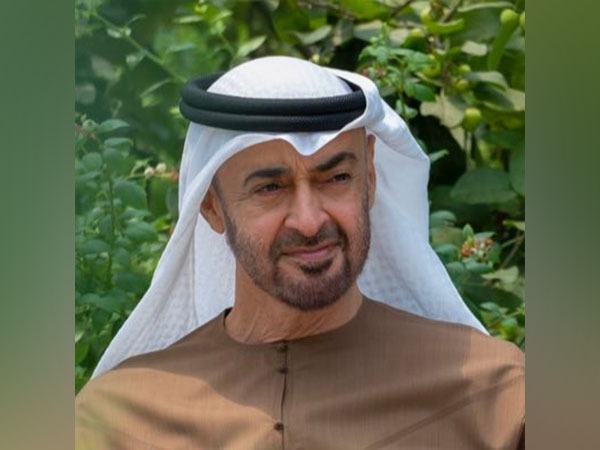Delhi Police opposes Tahir Hussain's interim bail, cites threat to social harmony, polarisation risk
Jan 14, 2025

New Delhi [India], January 14 : The Delhi Police on Tuesday strongly opposed the interim bail plea of Tahir Hussain, an accused in the 2020 Delhi riots. He has sought interim bail to contest and campaign in the upcoming Delhi Assembly Elections.
The Delhi police argued before the Delhi High Court that although they were willing to grant custody parole to facilitate Hussain, they could not support his release on interim bail.
The police emphasized that "the right to fight elections is not a fundamental right" and expressed serious concerns over the potential consequences of allowing Hussain to campaign.
They warned that his release could "create a threat to society" and feared that it might fuel further polarization, especially given the sensitive nature of the situation. The police also described Hussain as "the principal figure in the riots," highlighting the gravity of his role in the violence.
Meanwhile, Hussain's counsel argued that the application was for interim bail only to file his nomination and campaign for the elections. They clarified that Hussain was willing to accept custody parole, but interim bail was necessary for him to actively participate in the election process.
Justice Neena Bansal Krishna, who is hearing the matter, reserved her judgment after the arguments. The court will issue its order in chambers.
During the hearing of Tahir Hussain's bail plea, Chetan Sharma, representing the Delhi Police, raised serious concerns, stating, "There's a threat to the witnesses."
Sharma further argued that "The right to fight elections is not a fundamental right," as he urged the Delhi High Court to reject the plea. He also emphasized that under the UAPA, in which other accused have challenged the trial court's order, "The petitioner lacks the compassion to apply for bail."
Pointing to the evidence recovered from Hussain's residence, Sharma added, "We are talking about 53 people dead, and the petitioner is the main person responsible."
Sharma continued, "Granting bail for 4-5 weeks could exacerbate the situation and lead to further polarization." The police argued that releasing Hussain on bail could fuel societal divisions, which they strongly opposed.
The Delhi High Court on Monday questioned the necessity of granting interim bail to Tahir Hussain for the purpose of filing his election nomination in the upcoming Delhi Assembly polls.
The Delhi Police has opposed the interim bail plea of AIMIM leader Tahir Hussain, who is seeking bail to contest and campaign in the upcoming Delhi Assembly elections. Hussain, an accused in the Ankit Sharma murder case, has requested bail from January 14 to February 9 to participate in the election process.
The lawyer representing Tahir Hussain informed the court that the nomination process has already begun. He also referenced the Rashid Engineer case during the hearing to support his argument.
In addition to this, Tahir Hussain has also approached the trial court for interim bail in other cases related to the Delhi riots and Enforcement Directorate investigations.
Recently Delhi High Court issued a notice on the regular bail petition filed by Tahir Hussain. The petition relates to the murder case of IB officer Ankit Sharma during the 2020 North East Delhi violence.
Hussain's plea contends that there is a lack of credible evidence against him and seeks bail on the grounds of parity. The plea contended that the applicant is accused of being an instigator and co-conspirator. Of the 20 prosecution witnesses examined so far, the majority of the alleged eyewitnesses have either not supported the prosecution's case or provided testimony that lacks credibility and cannot be considered reliable.
The statements of police witnesses also contain significant contradictions and embellishments, making them untrustworthy as evidence against the applicant. The statements of the remaining public witnesses largely mirror those of the witnesses previously examined in the case, plea added.
In May, the Delhi High Court granted bail to three men involved in the killing of Intelligence Bureau official Ankit Sharma. The court emphasized that bail is the general rule during the pendency of a trial, while incarceration is an exception.
It also noted that the accused had been in custody for four years, and the trial was unlikely to conclude in the near future. A First Information Report (FIR) was filed by Ankit Sharma's father in February 2020, after his son went out to buy groceries and other household items but failed to return home for several hours. Concerned for his son's safety, Sharma's father filed a missing person's report with the police. According to Delhi Police, the four accused were part of a violent mob that killed Sharma, and they were also involved in rioting and arson during the clashes.
The communal violence erupted in northeast Delhi on February 24, 2020, when tensions between supporters of the Citizenship Amendment Act (CAA) and protesters escalated, leading to at least 53 deaths and numerous injuries.


















